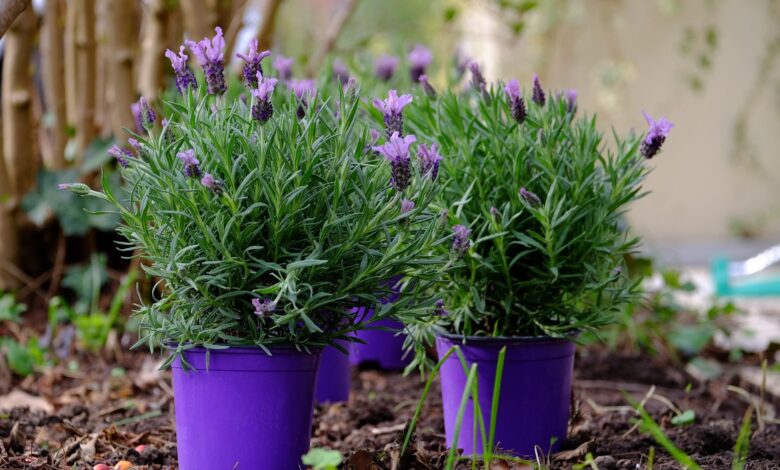Do Plants Truly Repel Mosquitoes?

At one point or the other, we’ve all had a pleasant night-time cut short by buzzing mosquitoes. And invariably afterward, we suffered from their infective transmissions. Here, desperation sets in to deal with the pests for good. But how do we do this without copious knowledge of available options?
Some plants are natural solutions to combat insects within your yard. Compared to expensive DIY products, they can be your best bet to live mosquito-free temporarily. The pleasant thing about these plants is that they can double as ornamentals to beautify your garden and surroundings. Examples include peppermint, catnip, lavender, marigold, catmint, rosemary, basil, bee balm, sage, etc.
How Do They Work?
Mosquitoes are sensitive to smell and gas stimuli. Exhaled carbon dioxide, sweat, and other obnoxious odors attract these biting insects. Complementarily, these plants emit peculiar strong fragrances capable of obstructing the scent receptors most bugs use to detect our presence.
One might easily be tempted to think there isn’t more to the pungent scent. Including these typical plants in your garden collection isn’t enough to keep bugs off. What that does at most is to divert their attention from you.
Insect-repelling plants are unique because they release strong scents and essential oils. Interestingly, their magic lies in the latter. By crushing the leaves, you can derive these oils and rub them on, creating an unappealing layer of skin for these insects.
Mind you, while doing that, you must watch for possible allergic reactions. Sometimes, they can be irritating to some person’s skin. If you’re applying for the first time, we advise you to test on a small portion of the skin before smearing further.
On another note, it’s crucial to point out that mosquito repelling plants are short-term solutions. You can only reinforce their effectiveness if you use them with other pest treatment products. The reason for this is not farfetched. Companies process these commercial repellants for effective and lasting use. It’s only a matter of time before the rubbed-on oil wears off and mosquitoes find your skin a soft-landing space again.
A Brief Scientific Background
Plants commonly contain deterrent compounds to keep them safe from plant-feeding insects. According to a study, the fact that most of these chemicals seem to be repelling hematophagous insects can be premised on an evolutionary relict, arguably an herbivorous ancestry.
For many years, humankind has utilized this mechanism without an in-depth understanding of the working principle. Up till today, it’s still a relevant preventive method across underdeveloped and developing tropical nations.
Other Ways to Keep Mosquitoes Away
Aside from growing plant-based repellents in your backyard, there are a handful of more straightforward steps you can take to make your property safe from mosquitoes. For example, ensure you prevent stagnant water from collecting around your environment. The pests find these sites pleasant to breed. And before you know it, they use that medium to lay their eggs and multiply their numbers.
Moreover, keeping tidy surroundings is vital. Clear all debris, food crumbs, and dirt on sight. You can also decide to kill them using insect sprays or contact professional pest control near you for recommendations.




